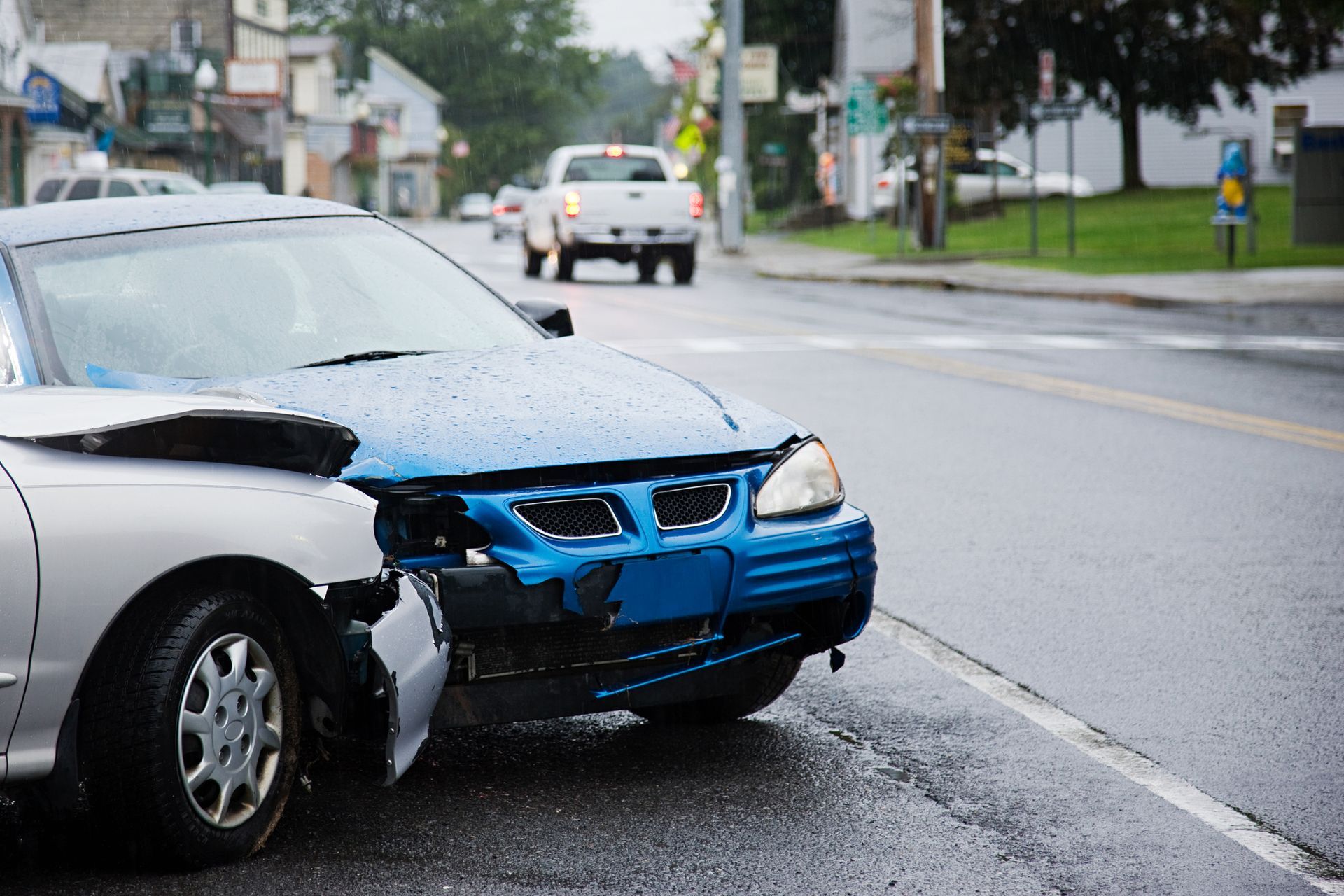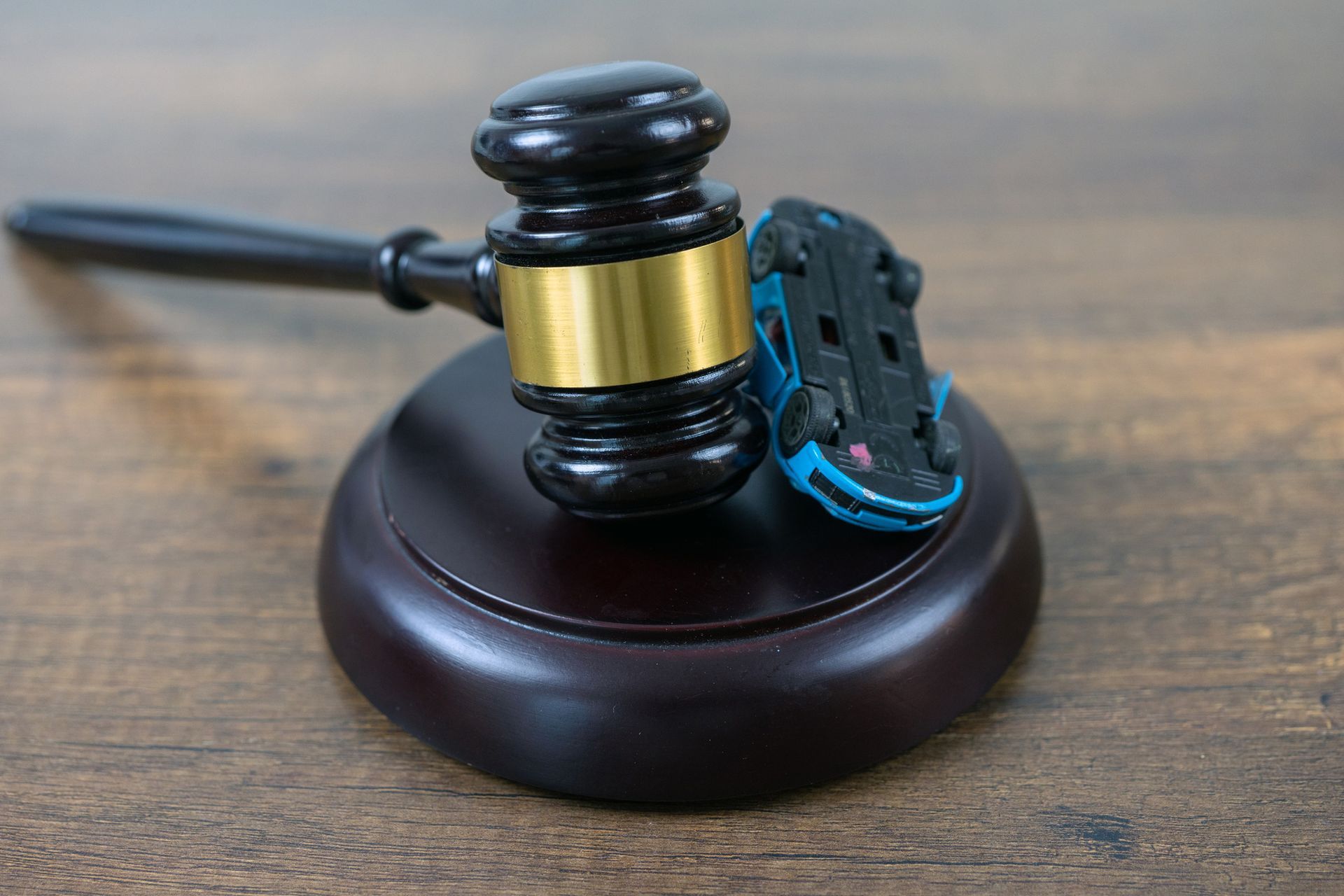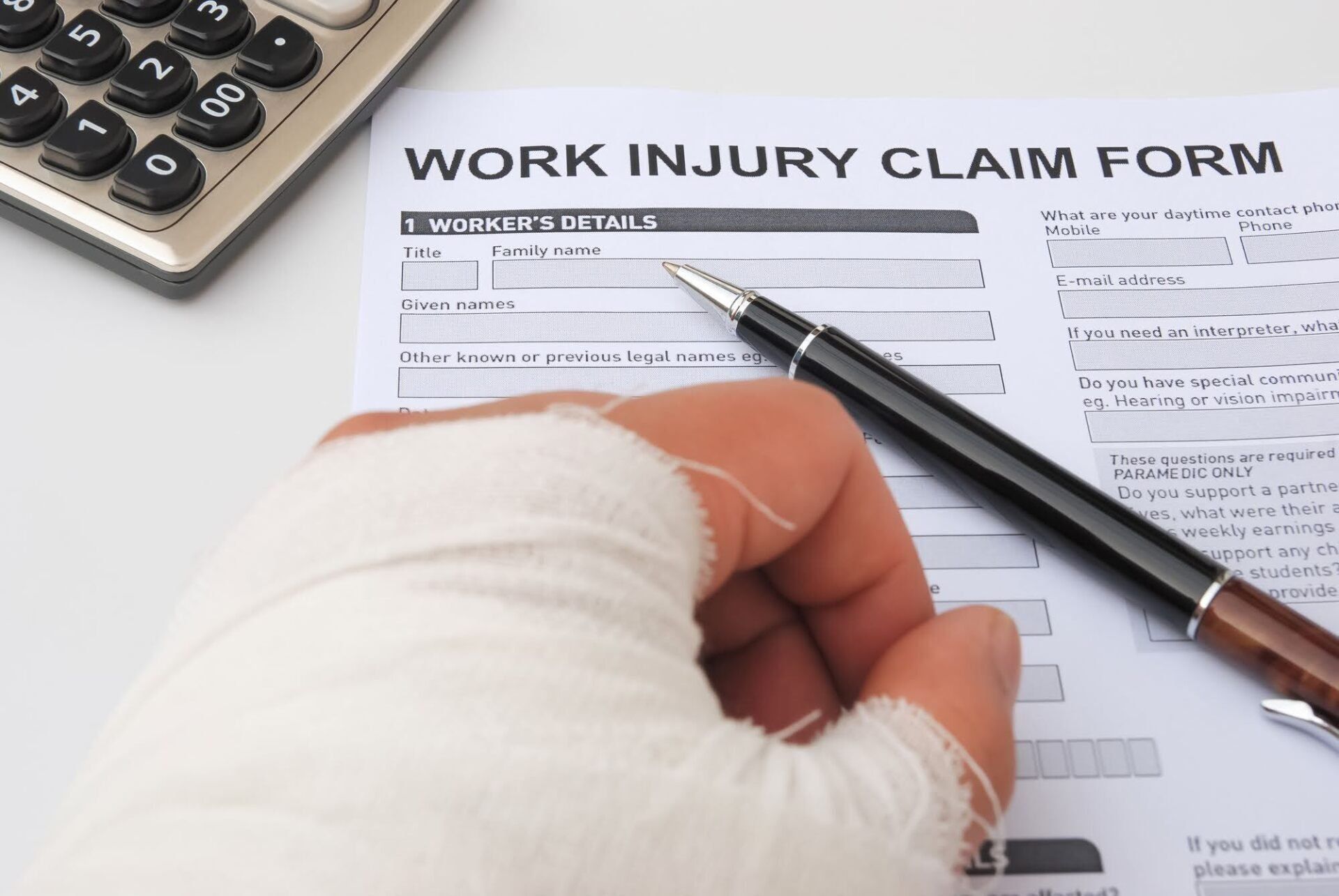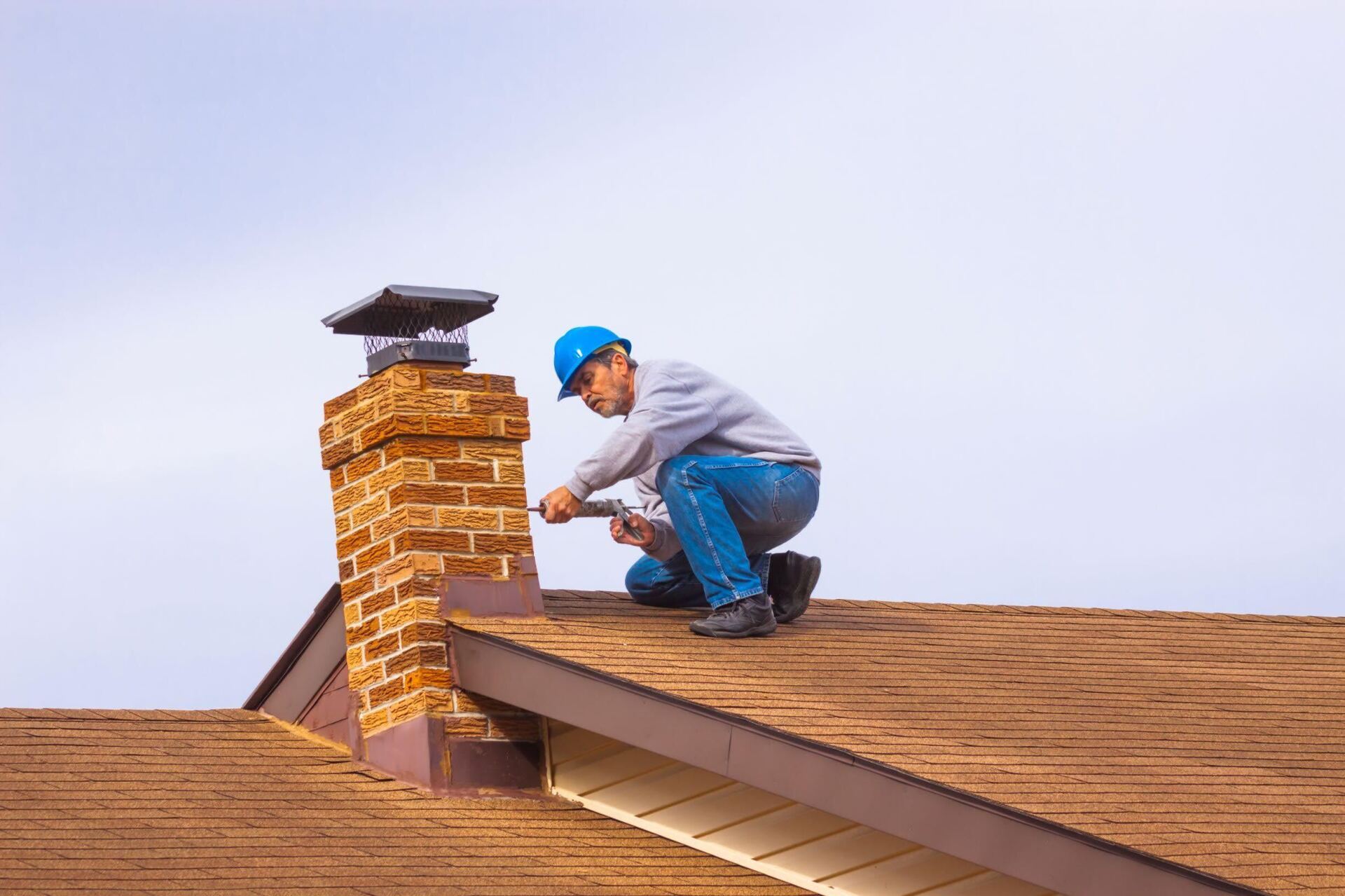Alligator Attacks | Law Offices of David A. Helfand, P.A.
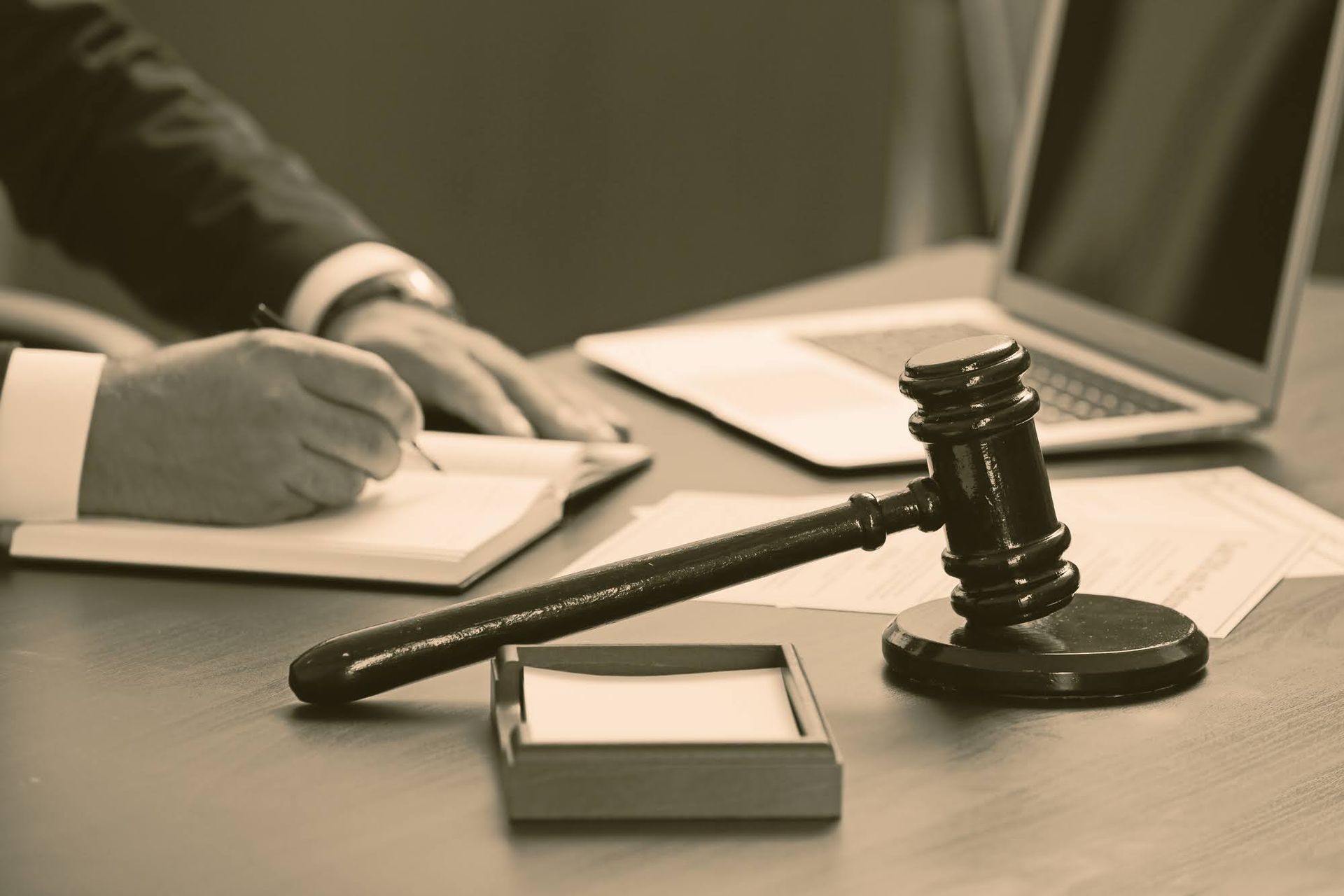
Alligator attacks can lead to devastating injuries and possible death for victims of the predator. As these animals are found extensively throughout the state of Florida, an alligator attack can come out of nowhere.
Often times, a wildlife attack from an animal like an alligator may seem like an unfortunate event with no one to blame. Unlike a dog attack where an owner may face liability, alligators are wild creatures who live off the land. While you may feel like you're out of luck, you could find some situations where someone is held liable for the attack.
Follow this guide to learn more about liability and personal injury cases associated with alligator attacks.
Illegal Exotic Pets
Exotic pets may seem enticing to own and care for, but many states outlaw the private ownership of those pets because of the dangers they present. If a person already breaks the law for having an alligator as a pet, then they could be held liable for any injuries the alligator causes.
During an investigation, a lawyer may seek out social media posts, pictures of the property, and witness statements to corroborate that someone was actually keeping an alligator as a pet. Without a license, the ownership of an alligator is outlawed in Florida. If a person takes an alligator from the wild, then it is illegal to keep the animal as a pet.
If official police charges are placed on a person for keeping the pet, then those charges and the evidence found can significantly help your case. Keeping the alligator as a pet created natural dangers on their property. Even if you knew they kept the alligator as a pet, the owners did not create an environment safe enough to prevent an attack, which put visitors in danger.
Alligator Attractions
In Florida, you can visit a wide range of alligator attractions. These attractions include all kinds of alligator exhibits. The attractions often include plenty of signs that showcase the dangers associated with alligators on the premises. If visitors do not follow the rules, then the business will not be held liable for any damages.
For example, if a person decides to enter an alligator pen or access an area deemed for employees only, then the person will likely be at fault for any injuries. However, there could be instances where the attraction owners get held liable for injuries. For example, if the property is not properly cared for and kept up, then an injury could occur.
Other situations could include if the walls or gates used to hold the alligators in fall apart or don’t work properly. An injured person may hold a business liable for negligence. Some attractions may allow guests to get close to alligators and enjoy a variety of encounters. Mechanical failures or poor operation by employees may lead to injuries as well.
In a personal injury case, a lawyer will look over all of the factors to help determine the best way to move forward with a possible case.
Premises Liability
Some homeowners may not keep alligators as pets, but they could find the creatures roaming on their property. Alligators may seek out small lagoons or ponds on an owner's property. As you spend time on the property, you may find yourself the victim of an alligator attack. In this case, you could potentially sue the owners with a premises liability lawsuit.
The lawsuit would entail that the property owners knew of the alligator presence on the property, but did not do enough to warn guests of a possible alligator attack. In many cases, a simple warning sign is enough to warn guests of the dangers. Without the signs or posted warnings, a lawyer could help you seek compensation in an injury case.
For example, a homeowner may rent out the house to guests. If the guests are unaware of the alligator presence on the property, then you may seek a personal injury case. A warning at the home or through the listing could have been enough to sufficiently warn anyone not familiar with the property.
National Parks & Natural Habitats
Some of the more common places people come across alligators is in national parks and natural habitats. When these areas are open to the public, the park owners must convey the dangers that guests could face when they enter the parks. Roadways, trails, and water areas could all present areas with possible alligator encounters.
Proper signage at any entry point in a national park will often legally cover those areas and could be harder to bring to court. If signs have fallen, disappeared, faded, or are not properly updated, then you may have a personal injury case. These cases are generally harder to move forward with, but a consultation with a personal injury lawyer can help guide you.
For a consultation, reach out to us at the Law Offices of David A. Helfand, P.A. Along with animal injuries, we cover a wide range of personal injury cases and can analyze your situation and go over all of your available options.
CONTACT US
We will get back to you as soon as possible
Please try again later
CONTACT US
We will get back to you as soon as possible
Please try again later
Office Hours:
- Mon - Fri
- -
- Sat - Sun
- Closed

